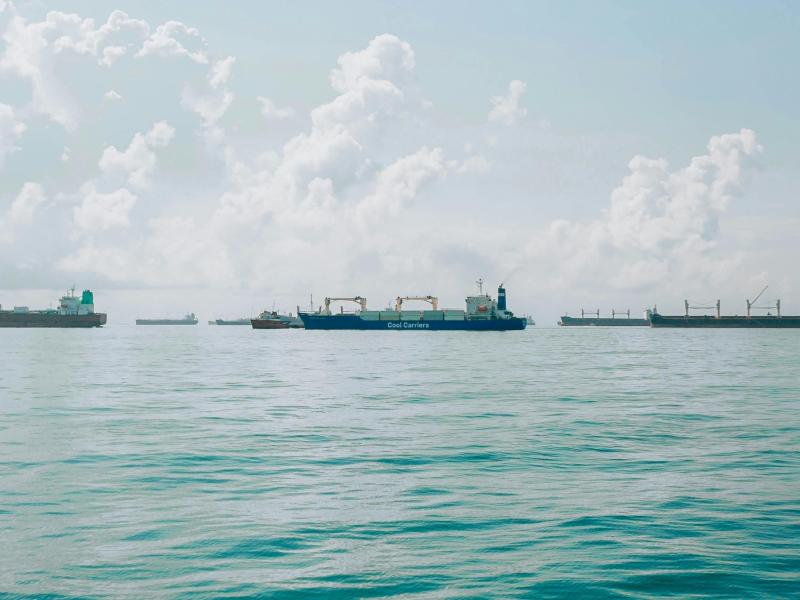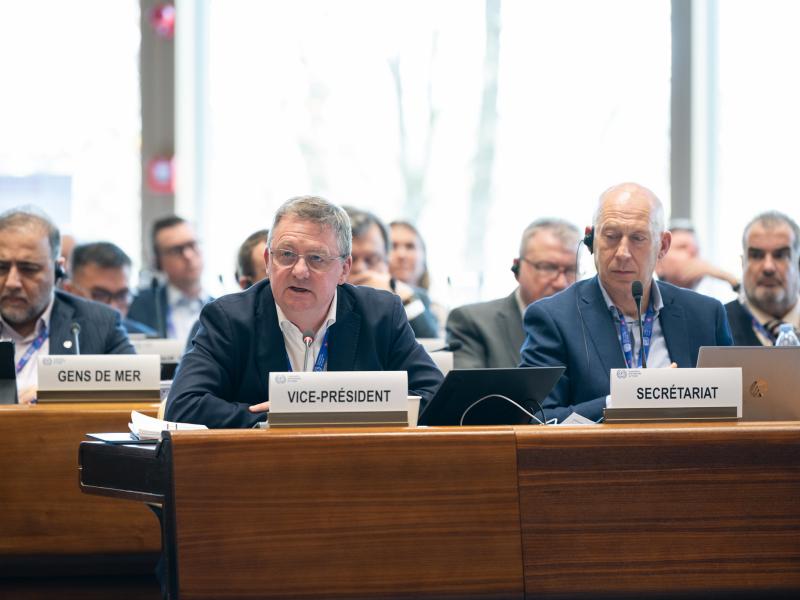This week was the 65th Session of the United Nations Commission on the Status of Women. The priority theme this year was “Women's full and effective participation and decision-making in public life, as well as the elimination of violence for achieving gender equality and the empowerment of all women and girls.” Below is the ITF’s statement:
“On behalf of the women’s committee of the ITF, and the millions of women transport workers we represent, we wish to use the 65th Session of the United Nations Commission on the Status of Women to consider steps to eliminate violence against women in “public life”, which we understand to be broader than “political life” alone.
The workplace is often the first, and could be the only, place where many women are able to engage in public life. But women’s experiences of violence in the workplace may determine their approach to engaging further in public life. Their economic independence through paid work is also key to this being an option for them.
Global unions are campaigning for governments to urgently ratify and effectively implement ILO Convention 190, which seeks to eradicate Violence and Harassment, including gender-based violence, in the World of Work.
C190 recognises the “commute” as part of the world of work, included in the scope of the Convention. This recognises the duty governments have to make these spaces, which are often public, safe.
The risk of violence in all public spaces determines the choices all women make in relation to their everyday engagement in public life. Women’s access to their right to freedom of mobility depends on safety in public transport in particular. This is especially the case for women living in poverty. So many other rights - to work, education, healthcare, and so on - are enabled by this right.
C190 is an important tool to ensure women are represented at all levels of government administration, including:
- Local and municipal government, so that urban planning caters to women’s safety when accessing public spaces.
- Adequate numbers of women labour inspectors, to ensure engagement with women’s workplace concerns.
Unions have a major role in nurturing women’s voices. Women’s Advocate Programmes, established by global unions in workplaces, have allowed women a safe-space mechanism for raising grievances and accessing help and support. This fundamental work of unions must also be recognised by increased protections - for unions, their representatives, and their work - in national legislation.
By empowering women’s collective and individual activism, unions are also part of the “political pipeline” discussed as part of this CSW theme. Unions must do more to enable women in their structures and programmes.
We draw particular attention to women worker and union representatives who are women human rights defenders, targeted or exposed to gender-specific threats and violence because of their participation in public life.
We hope that the Commission will call for widespread urgent ratification of C190 as a key first step towards the elimination of violence against women.”



